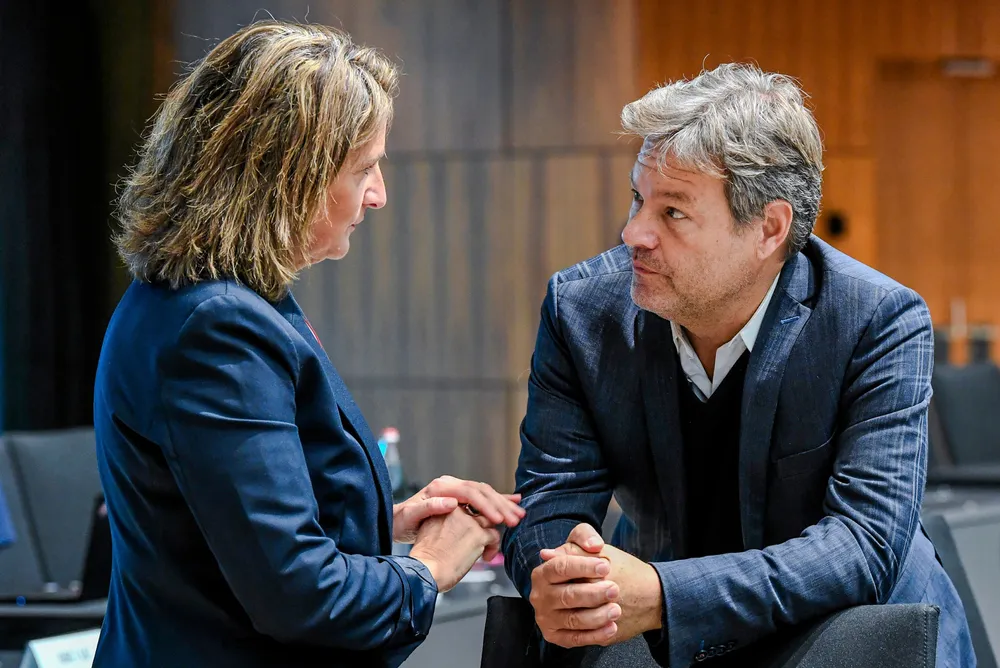Lack of majority forces German minister to give up key plan for days of little wind and sun
Power Plant Security Act aimed to tender off 12.5GW in mostly hydrogen-ready power plants to compensate for volatile generation during so-called 'dark-lulls'

The lack of a majority in parliament after the collapse of Germany’s government coalition last month has forced energy and climate minister Robert Habeck to abandon his Power Plant Security Act that was aimed at backing up volatile renewable energy generation with new mostly hydrogen-ready gas-fired power plants.
Habeck had presented the plan in September to make sure Europe’s largest economy has sufficient electricity also at “times of little wind and sun” – so-called Dunkelflauten, or ‘dark lulls’ – although green electricity makes up the overwhelming majority of the country’s power output.
A record 63% of Germany’s power generation came from renewable energies in the third quarter of 2024, according to statistics agency (Destatis), led by wind and solar power, and the past two governments have targeted to push that to 80% by 2030, en route to reach carbon neutrality by 2045.
"There was a ready-made law on the table for the expansion of these flexible power plant capacities - the Power Plant Safety Act - and it was negotiated with the EU Commission," a ministry spokesman is quoted as saying.
"Unfortunately, implementation is no longer possible, as the necessary majorities are lacking."
Germany’s main energy lobby, the Federation of Energy and Water Industries (BDEW), said that the expansion of “controllable power plant capacities” remained highly time-critical, and urged the new government after Feb. 23 snap elections to deal with the problem in its first 100 days in office.
“This is the only way we can ensure supply and system security in the long term and at the same time implement the coal phase-out,” BDEW chair Kerstin Andreae said.
“We are faced with the challenge that the transition to a climate-neutral electricity system requires flexible power plants that can be ramped up and down quickly as partners of renewable energies.
“These additional controllable power plants are indispensable for balancing the fluctuations in wind and solar energy.”
‘Dark lulls’ are rare, but in the past decade have occurred occasionally during autumn or winter days, especially when snow on top of rooftop solar installations has brought solar generation to near zero. As more and more heating systems are supposed to switch to electricity-backed heat pumps, the potential problem is expected to grow further in coming years.
(Copyright)